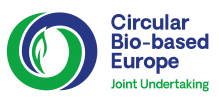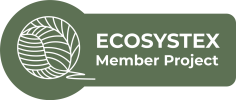Rethink Waste – Close the Loop
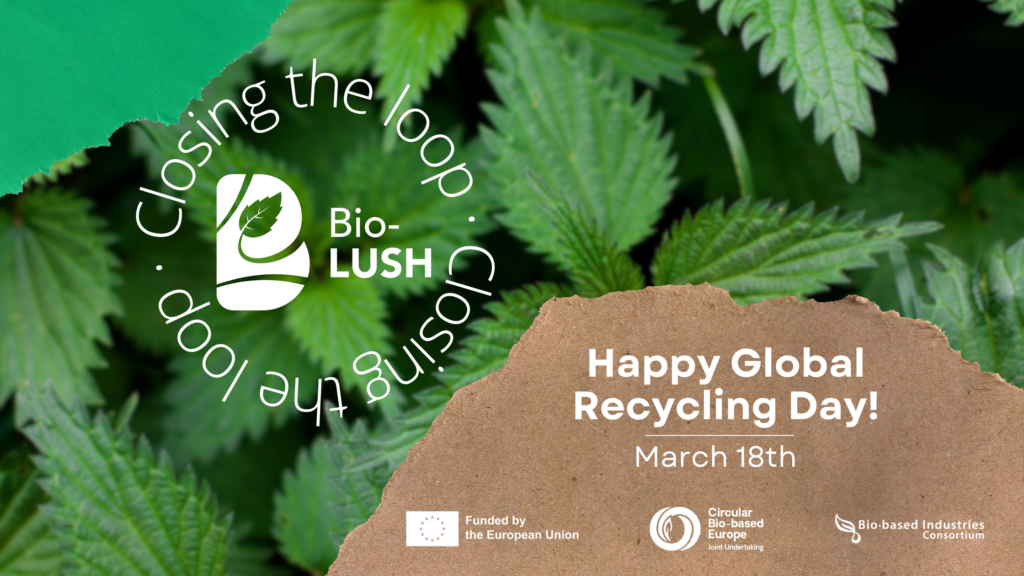
Today, on Global Recycling Day, it’s time to rethink how we view waste. For too long, we’ve seen recycling as just a way to manage what we throw away—but there’s so much more at stake. It’s about closing the loop on materials and ensuring they stay in use for as long as possible.
Bio-LUSH Workshop “Co-Creating a Sustainable Future” in Biomass Utilization
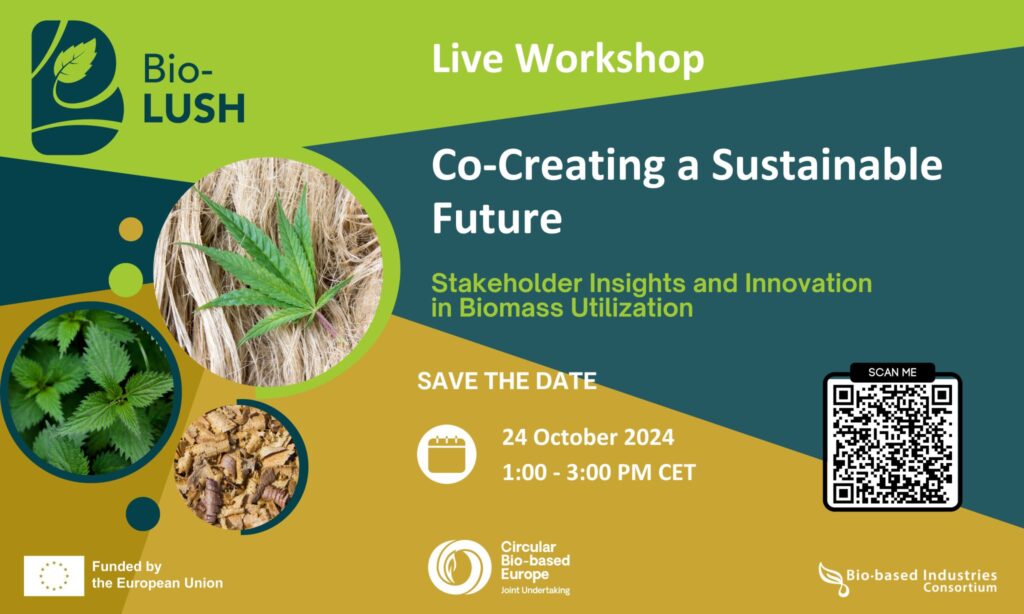
On October 24th, 2024, the Bio-LUSH project hosted a milestone event: the Co-Creating a Sustainable Future – Stakeholder Insights and Innovation in Biomass Utilization Confirmation workshop. This workshop aimed to engage diverse stakeholders in identifying barriers and opportunities within the bio-based sector. It provided an opportunity to align Bio-LUSH’s activities with the real-world needs of farmers, industry leaders, researchers, and policymakers, all while driving progress toward a more sustainable bioeconomy.
Bio-LUSH at the CBE JU Stakeholder Forum – Shaping the Future of the European Bio-Based Sector
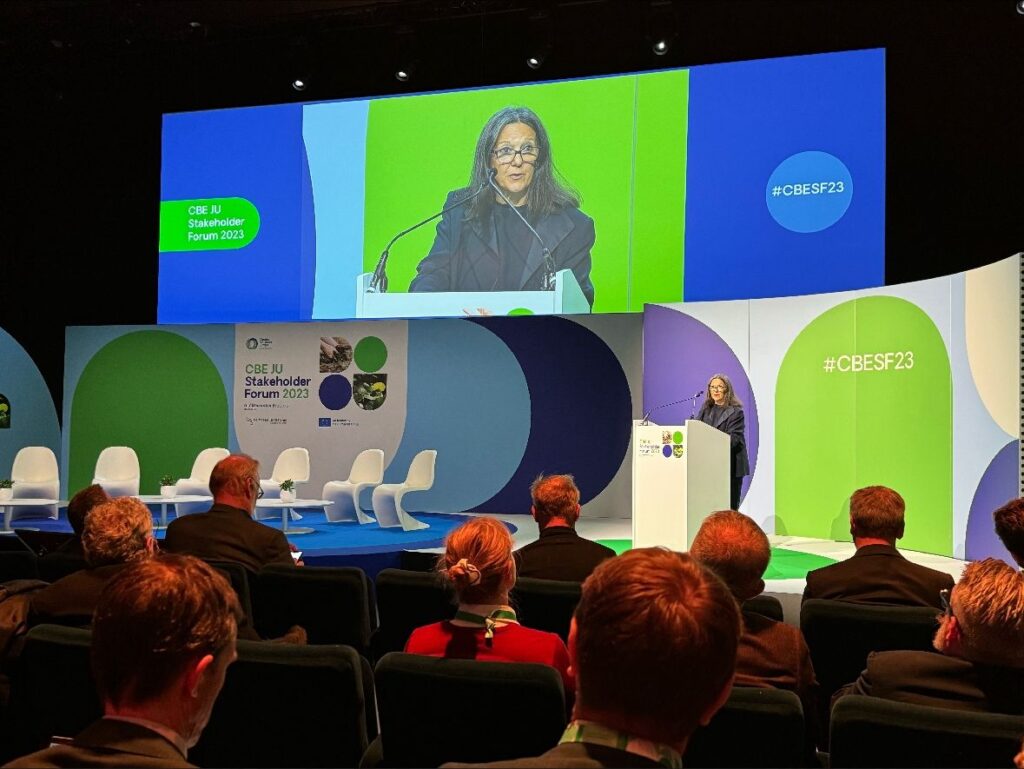
The Bio-LUSH project proudly participated in the first CBE JU Stakeholder Forum (CBESF23), held in Brussels on December 6–7, 2023. This landmark event delivered on its promise of sparking discussions about the future of Europe’s bio-based sector, showcasing groundbreaking innovations, and solutions to build a more sustainable future.
Bio-LUSH at the CBE-JU Info Day 2024
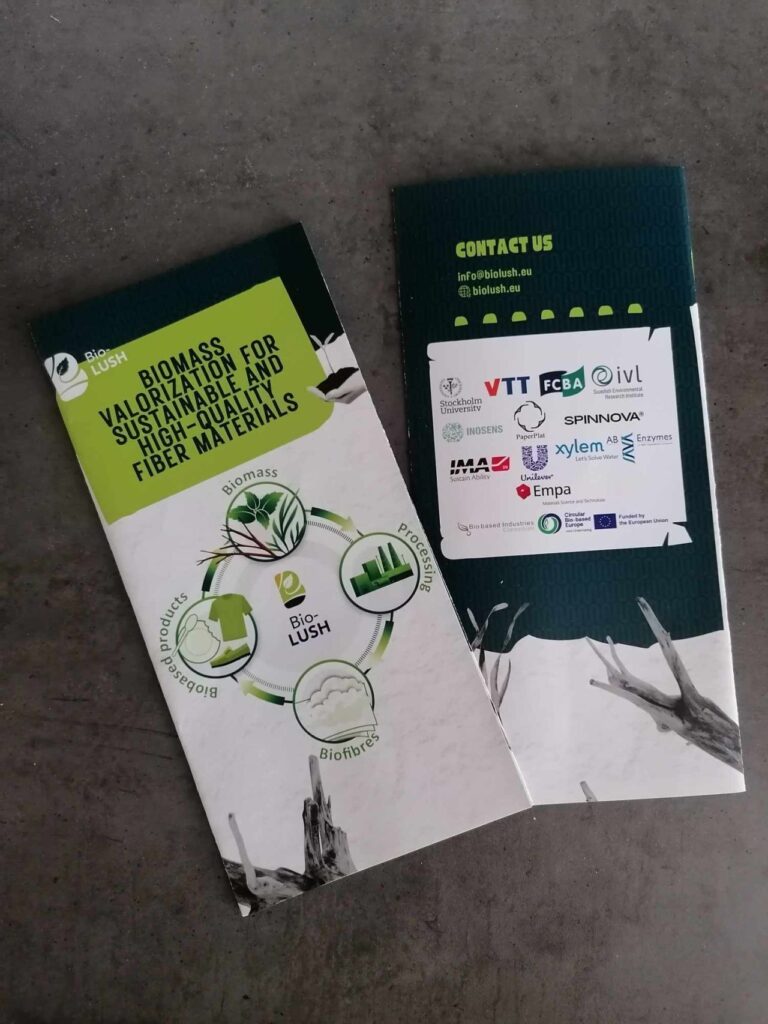
On April 23, 2024, the Charlemagne building in Brussels welcomed over 500 participants for the CBE JU Info Day 2024. This hybrid event, attended in person and streamed online, provided key insights into the CBE JU 2024 call for project proposals. Among the attendees was our own Vladimir Mrkajic, representing InoSens, who seized the opportunity to promote our latest CBE JU-funded project, Bio-LUSH.
Bio-LUSH General Assembly in Munich, Germany – Next Steps in Bio-Fiber Innovations
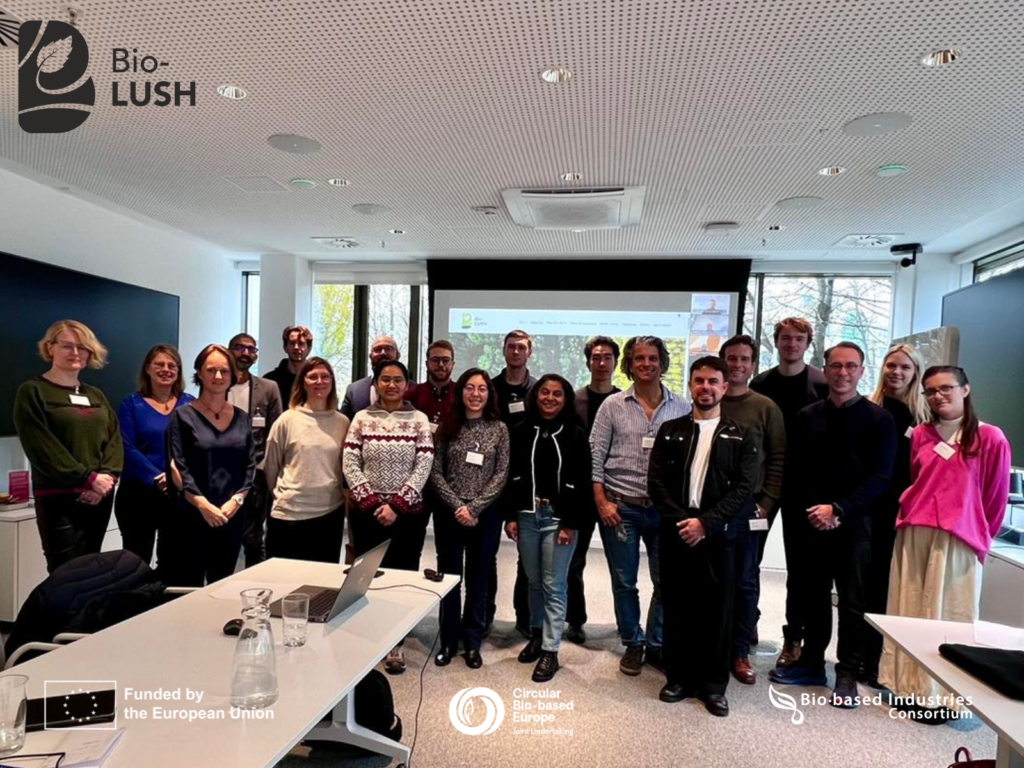
On 20-21st of November, during snowy day in Munich, the Bio-LUSH team warmed up with dynamic discussions regarding the project’s progress and actionable steps towards next project milestones. The event was hosted by Essity, located in Aschheim, Germany. Grab a warm cup of tea and enjoy the highlights from each day:
The Future of the Textile Industry: Bio-Based Fibers
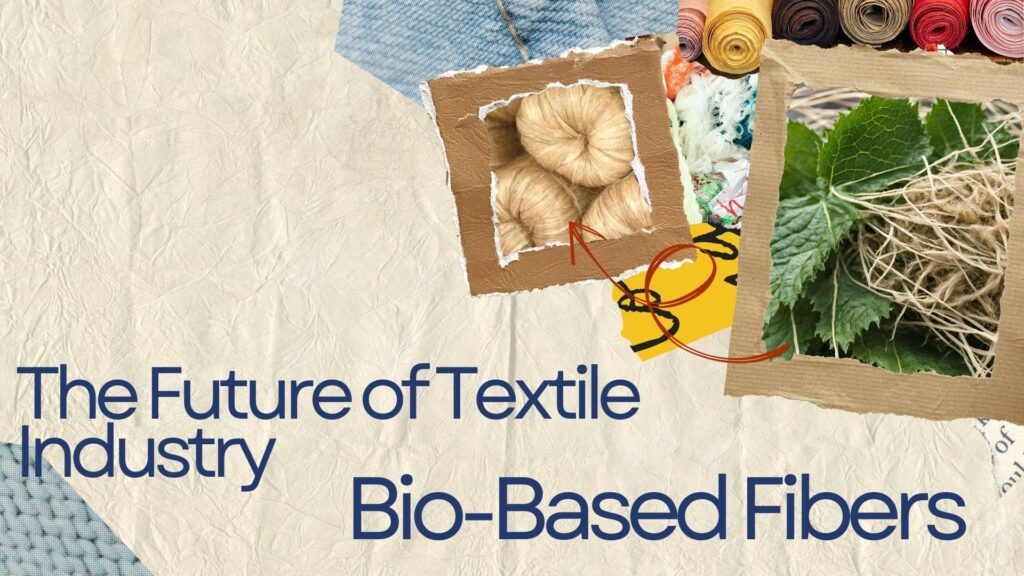
As global fiber demand continues to rise, the environmental toll of fossil-based fibers is becoming increasingly urgent. In just one year, fiber production surged from 116 million tons in 2022 to 124 million tons in 2023, with projections estimating the global market will reach 160 million tons by 2030.
Transition Pathway for the Chemical Industry – What You Need to Know
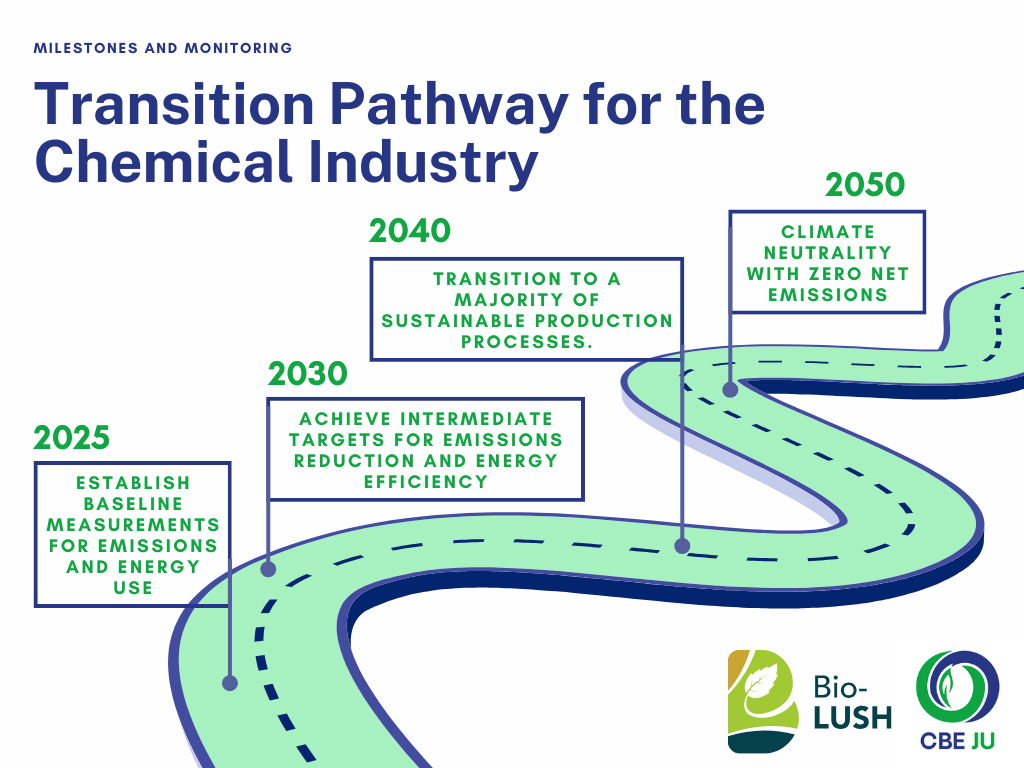
The “Transition Pathway for the Chemical Industry” is a strategic roadmap crafted to guide the sector towards sustainability and climate neutrality. This comprehensive document provides a detailed framework for achieving these goals, outlining specific actions, milestones, and support mechanisms essential for a successful transition. In our blog, we offer an overview of all the important points from this roadmap, highlighting the key strategies and steps that need to be considered to align the operations with environmental standards and drive progress towards a greener future.
What Does the New EU’s Regulation Ecodesign for Sustainable Products Mean for You and the Planet?
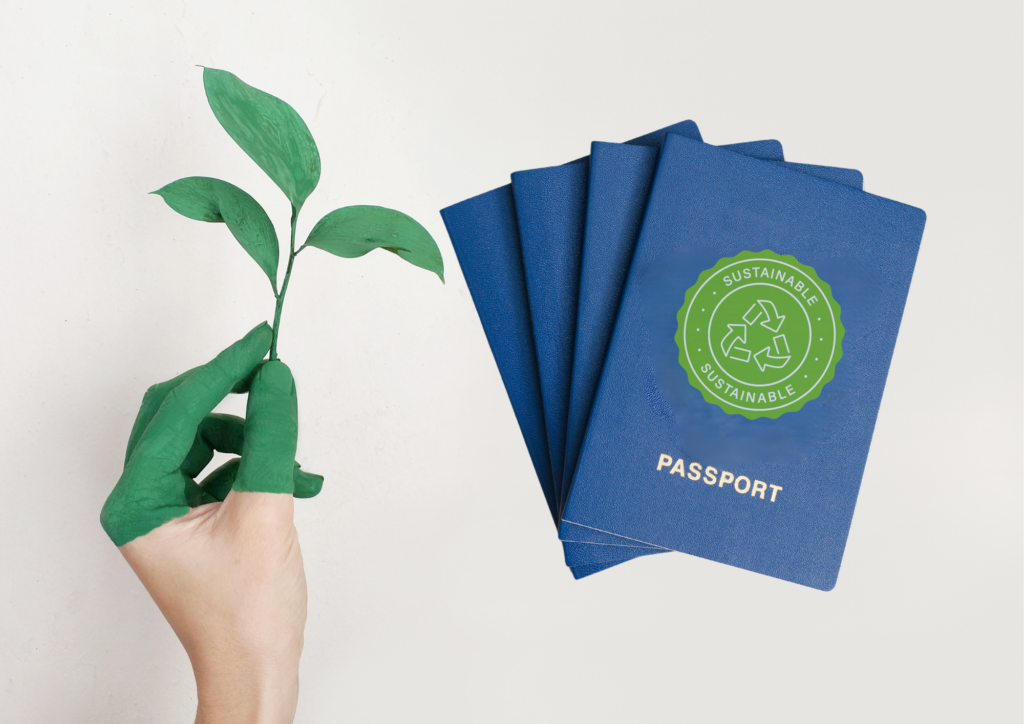
In a bold move towards a more sustainable future, the European Union has introduced the Ecodesign for Sustainable Products Regulation (ESPR), which came into force on 18 July 2024. This regulation is central to the EU’s strategy for creating environmentally sustainable and circular products. It sets rigorous new standards for energy efficiency, material use, and recyclability, with an innovative addition of the Digital Product Passport. Prioritizing categories such as textiles, furniture, tyres, and electronics, the ESPR aims to enhance repairability and extend product lifecycles by focusing on design—where up to 80% of a product’s environmental impact is determined. Discover how these new measures will shape the future of sustainable product design and what it means for consumers and industries alike.
General Assembly Meeting in Grenoble, France – Defining the Next Chapter of Biofiber Innovations
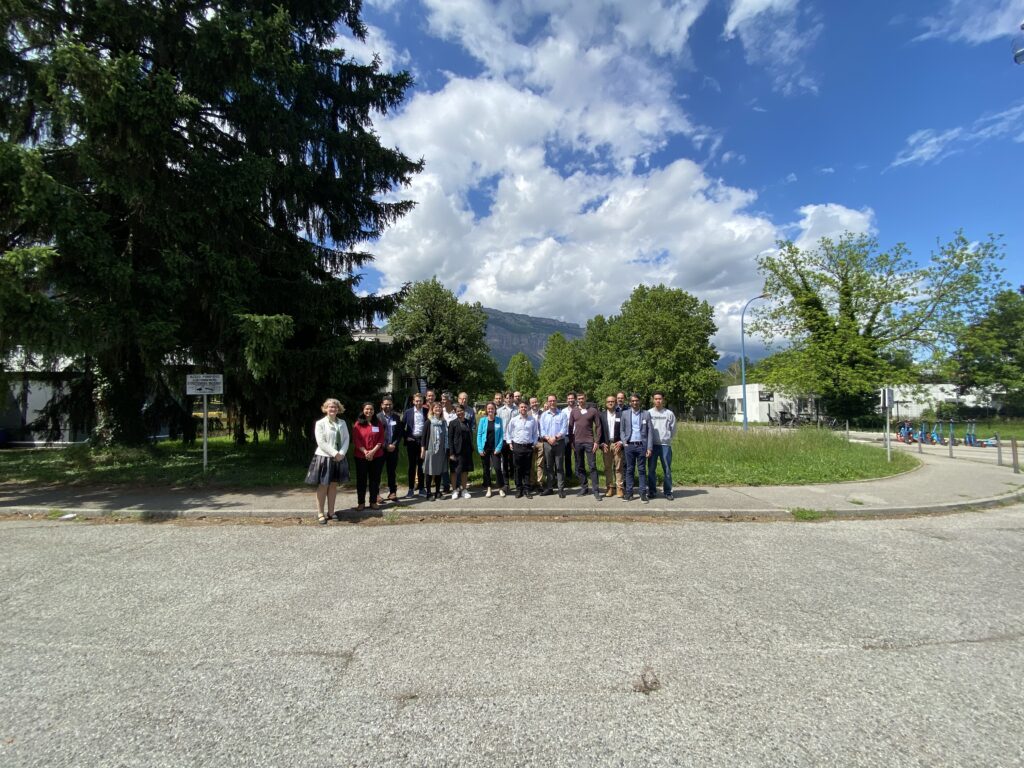
On May 22-23, 2024, the picturesque city of Grenoble, France, played host to Bio-LUSH General Assembly Meeting. Convened at the FCBA within the Centre Technique du Papier on the University […]
PhD in Position at Unilever on “Bio-based Functional Coatings and Films for Food Applications”

Are you a passionate experimental physicist or physical chemist with a keen interest in material science and biobased materials? Unilever Innovation Centre Wageningen is currently seeking an Early-Stage Researcher (R1) […]

